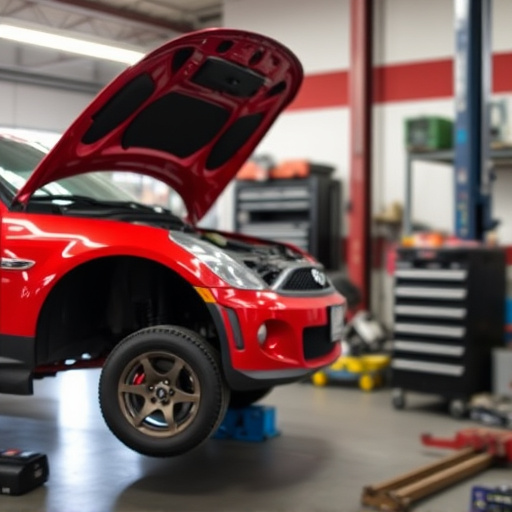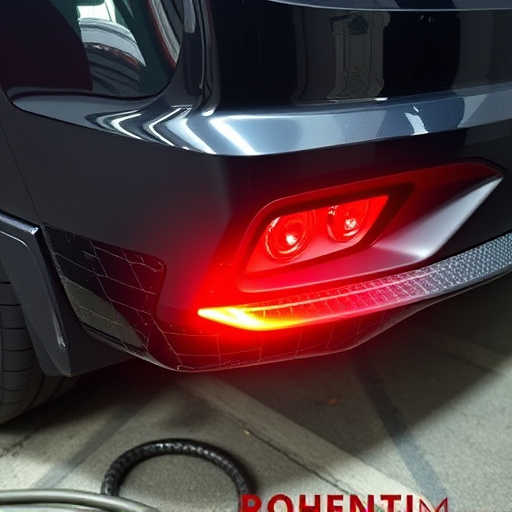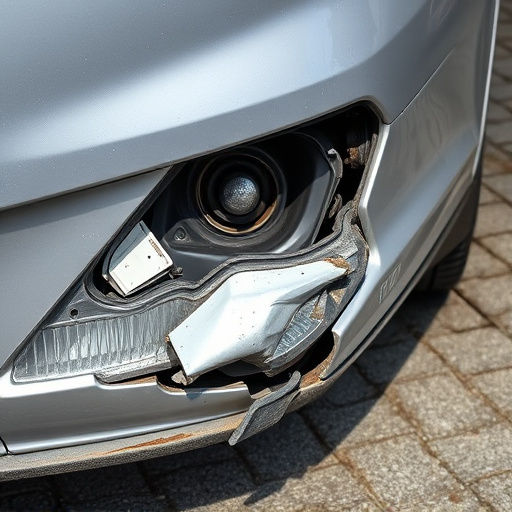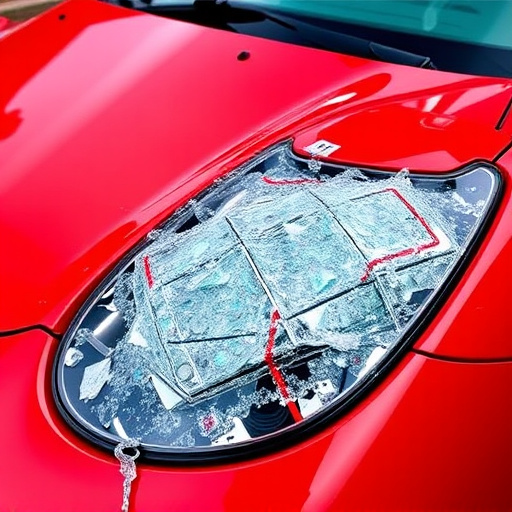Total loss assessment is a vital process determining a damaged vehicle's post-collision value, involving parts replacement, labor costs, and salvage. To ensure fair compensation, owners should challenge assessments with comprehensive evidence like police reports, photos, repair estimates, and communication logs. The appeals process involves reviewing reports for errors, submitting contradictory evidence, and consulting an attorney specializing in insurance disputes to increase the chances of a more accurate total loss assessment.
“Unfair insurance claims rejections due to total loss assessments can be disheartening. Understanding how to challenge these evaluations is crucial for policyholders. This comprehensive guide delves into the intricacies of total loss assessments, equipping you with knowledge to gather compelling evidence and navigate the appeals process effectively. By following strategic steps and seeking legal advice when needed, you can advocate for a fair settlement. Discover how to turn the tide in insurance claim disputes, ensuring you receive the compensation you deserve.”
- Understanding Total Loss Assessment: The Basics
- Gathering Evidence to Support Your Case
- Navigating the Appeals Process and Seeking Legal Advice
Understanding Total Loss Assessment: The Basics
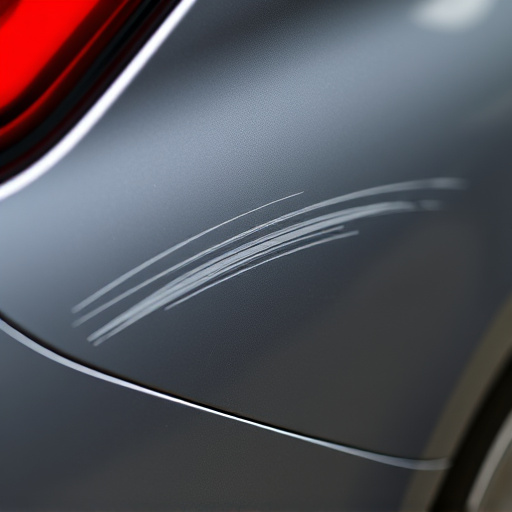
Total loss assessment is a process used to determine the value of a damaged vehicle after a collision. This assessment considers various factors, including the cost of parts replacement and labor for repairs, minus the salvage value of the vehicle’s remaining parts. It’s crucial to understand this process when dealing with an unfair total loss evaluation.
In the realm of car restoration and collision repair services, a fair total loss assessment ensures owners receive just compensation for their damaged vehicles. Auto repair services that offer accurate assessments help streamline the claims process and facilitate faster repairs. By familiarizing themselves with the components and methodologies involved in total loss assessment, vehicle owners can better navigate post-collision scenarios and advocate for their rights to receive adequate reimbursement for their investments.
Gathering Evidence to Support Your Case

When challenging a total loss assessment, gathering compelling evidence is key to strengthening your case. Collect all relevant documentation related to the incident, including police reports, photos of the damages (from various angles), and any communications with the insurance company. Additionally, obtain estimates from reputable auto body shops for repair or replacement costs, ensuring these estimates are detailed and itemized. These pieces of evidence will help demonstrate that the initial evaluation was incomplete or inaccurate.
For instance, if a car dent repair estimate shows that certain damages were overlooked or undervalued in the total loss assessment, use this as a strong argument to reconsider the decision. Remember, your goal is to present a clear and organized case, showing why the original evaluation didn’t accurately reflect the extent of the collision repair needed for your vehicle.
Navigating the Appeals Process and Seeking Legal Advice

Navigating the appeals process for a total loss assessment can be daunting, but it’s crucial to understand your rights and options. The first step is to carefully review the initial evaluation report, looking for any discrepancies or errors in the vehicle body repair estimates. If you believe the total loss assessment is unfair, don’t hesitate to challenge it with concrete evidence. This may include comparative quotes from reputable auto body shops, pictures documenting the vehicle’s condition before and after the incident, and even expert testimony if necessary.
Seeking legal advice from an attorney specializing in insurance disputes can significantly strengthen your case. They can guide you through the intricacies of the appeals process, ensuring all paperwork is filed correctly and on time. With their expertise, you’ll have a better chance of achieving a more accurate and fair total loss assessment. Remember, knowing your rights and taking proactive steps are essential when dealing with insurance companies to get the vehicle body repair coverage you deserve.
Challenging an unfair total loss evaluation requires a thorough understanding of the process and strong evidence to support your case. By gathering relevant documentation, conducting thorough research, and seeking legal advice, you can navigate the appeals process effectively. Remember, knowing your rights and presenting a well-structured argument are key to achieving a fair outcome in a total loss assessment.



